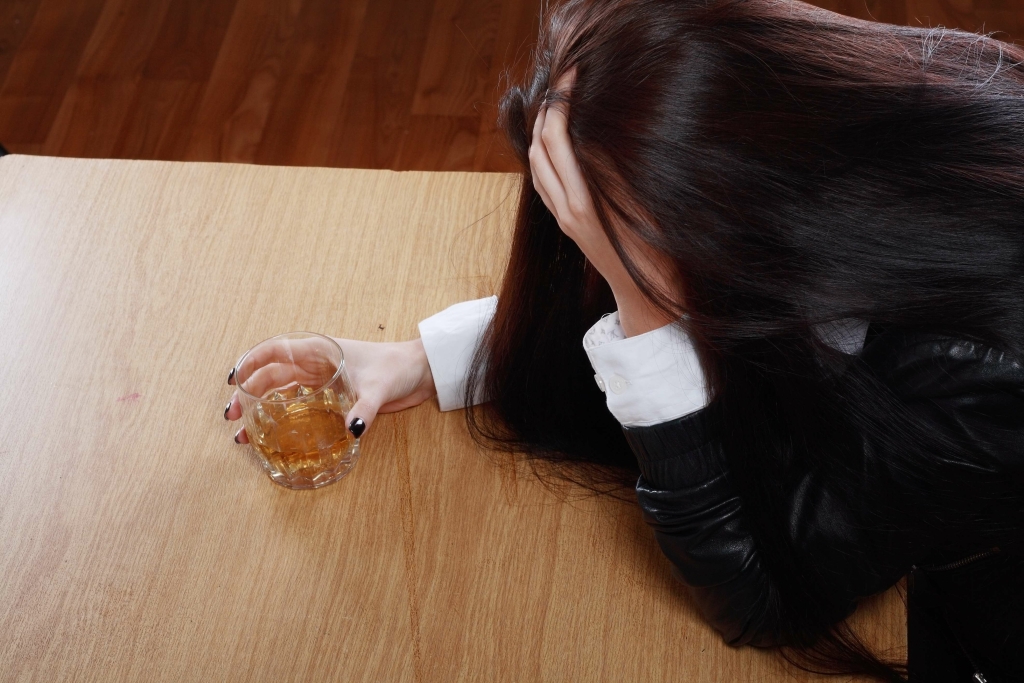But not sneezing after drinking wine many people realize that there are many ingredients, additives, and preservatives within alcoholic beverages that can cause negative side effects. In some people, these reactions look like allergy symptoms even though they don’t have a true allergy to alcohol. The study found that the effects of sulfites in wine can vary from mild to severe. The most common symptoms reported by those with sulfite sensitivity are nausea, headaches and skin rashes.
Can sneezing after drinking alcohol be harmful?
This emergency medication can be used to treat severe allergic reactions while you wait for help to arrive. If you’ve experienced an allergic reaction after drinking wine, how do https://m11.co.in/fentanyl-description-uses-effects-abuse/ you know which allergen you’re allergic to? One 2005 study surveyed people who experience upper airway symptoms in response to alcohol. An alcohol allergy is when your body reacts to alcohol as if it’s a harmful intruder and makes antibodies that try to fight it off.
Throat Pain Due To Viral Pharyngitis: Symptoms, Investigations, Treatment, Prognosis
- This article discusses allergies to alcohol, symptoms, triggers, tests, and treatment options.
- If you react to the tannins in red wine, then you might find it easier on your system to choose white and sparkling wines.
- Fining agents are supposed to be removed from wine during the winemaking process.
Signs of an allergic reaction may include nausea, vomiting, hives, and itching. Wine and other alcoholic beverages are generally not considered as potential allergens, so if you think you may have an allergy to wine, it is important to get a proper diagnosis. You’ll have those same symptoms and a more intense reaction, wheezing, difficulty swallowing, low blood pressure, and heart palpitations, he says. If people experience symptoms after drinking Substance abuse alcohol, they should speak with a doctor for further advice.
Ingredients in Alcoholic Beverages That Can Cause a Stuffy Nose After Drinking
- No, alcohol-induced sneezing and alcohol flush reaction are two distinct phenomena.
- It is important to be aware of the potential allergens present in wine so that those who suffer from allergies can choose wines that are safe for them to drink.
- Blood tests are also used to measure the presence of specific antibodies in your blood that may indicate an allergic reaction to wine.
Additionally, dehydration caused by alcohol consumption can also contribute to sinus congestion. It can exacerbate existing symptoms, trigger allergic reactions due to the substances it contains, or contribute to conditions like allergic rhinitis. Alcohol-related allergic reactions are not limited to alcohol itself but can also be induced by additives, preservatives, and other ingredients in alcoholic beverages. Another possibility is that alcohol can induce an allergic reaction in some individuals. Certain components of alcoholic beverages, such as histamines and sulfites, can act as triggers for allergy-like symptoms, including sneezing. For instance, beer and wine contain high levels of histamine, which can also contribute to a runny nose or nasal congestion.
Allergies by Month
- It can also be due to alcohol intolerance, where your body struggles to break down alcohol properly.
- A single glass with dinner may protect the heart, but it can send others into a wheezing attack with a bad headache, flushed face and runny nose.
- While most people don’t have a problem with sulphites, those who are sensitive to them might experience allergy-like symptoms, including sneezing, after drinking wine with them.
- Look for wines with lower histamine levels, usually white wines, organic wines or sparkling wines.
Additionally, some people may experience swelling of the lips, tongue and throat. Besides wines, fruits like bananas, kiwi, melons, and grapes can also contain sulfites, though in much smaller amounts. The symptoms of alcohol intolerance can include a stuffy or runny nose, skin flushing, red itchy skin bumps, and worsening of pre-existing asthma.



